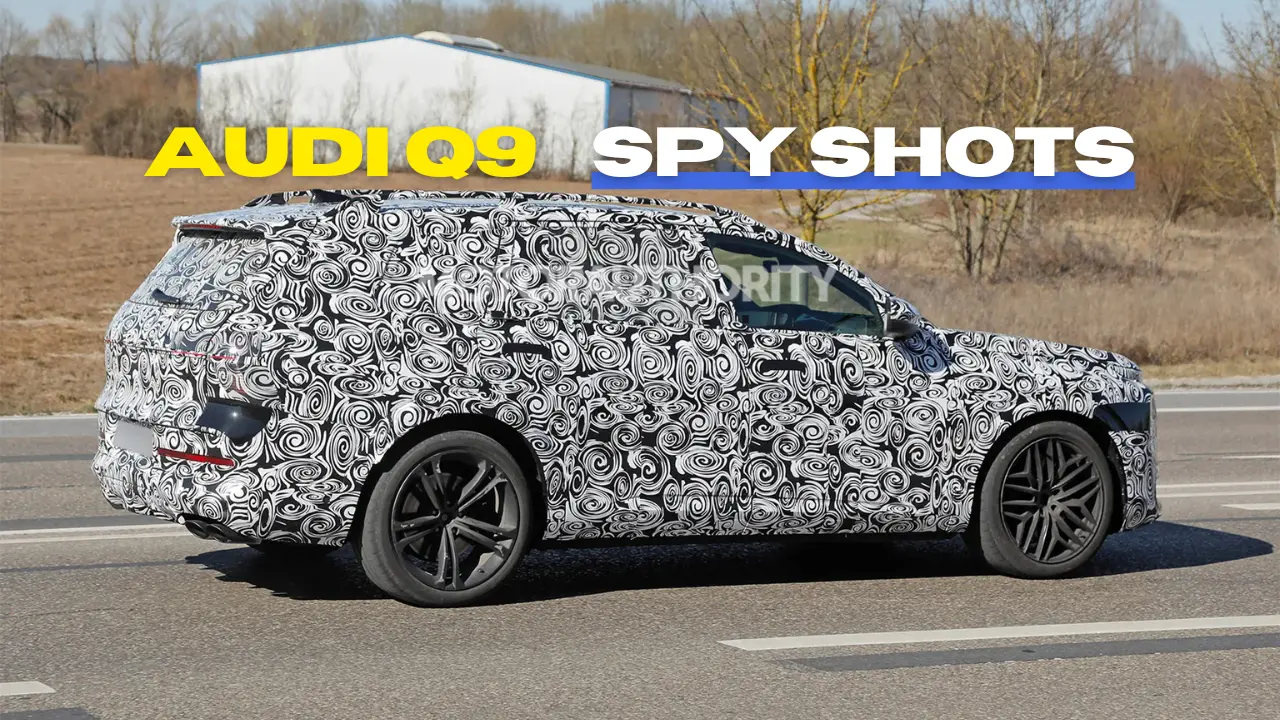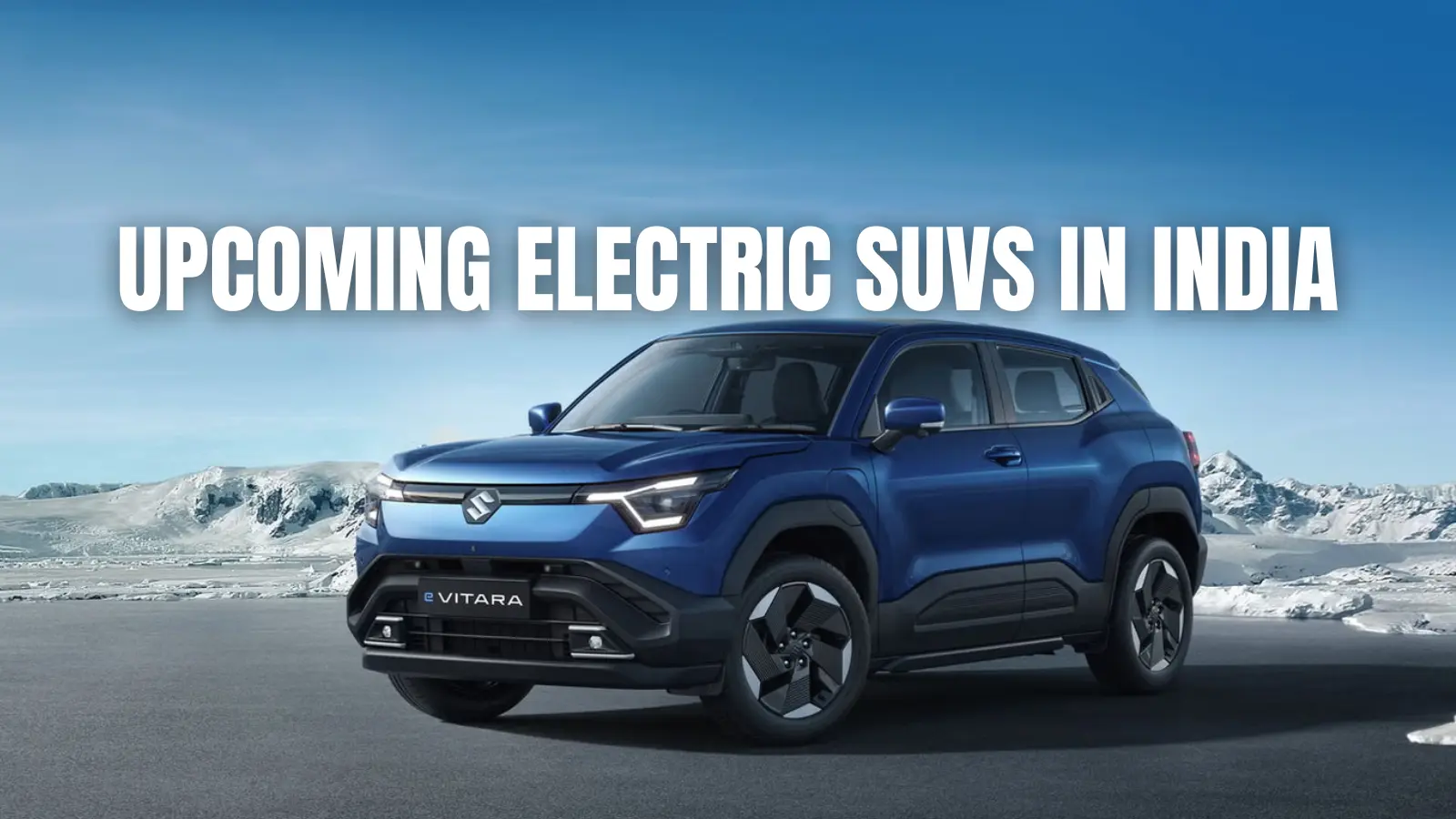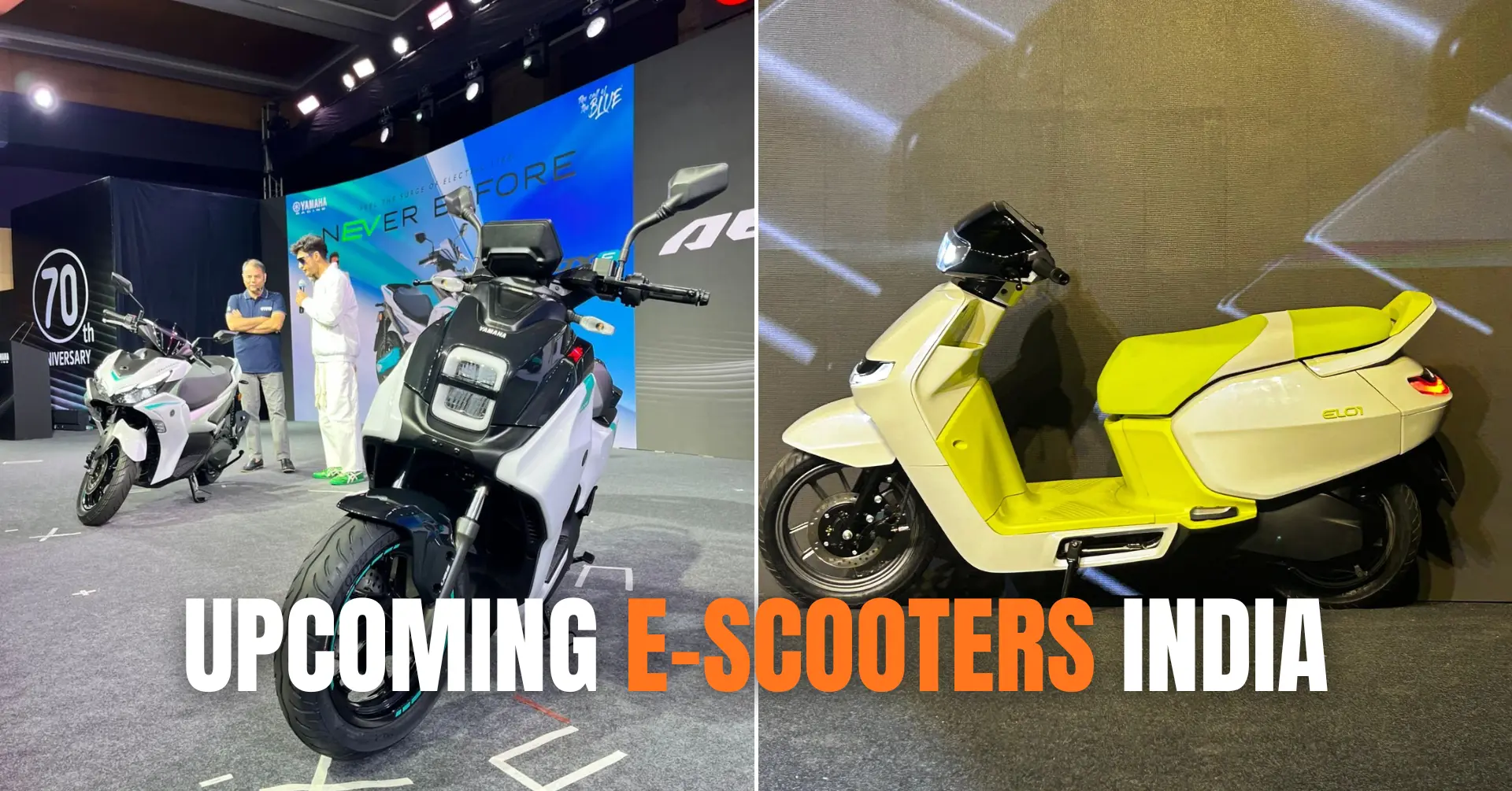Bharat Stage 7 Explained: The Next Big Shift in Emission Standards
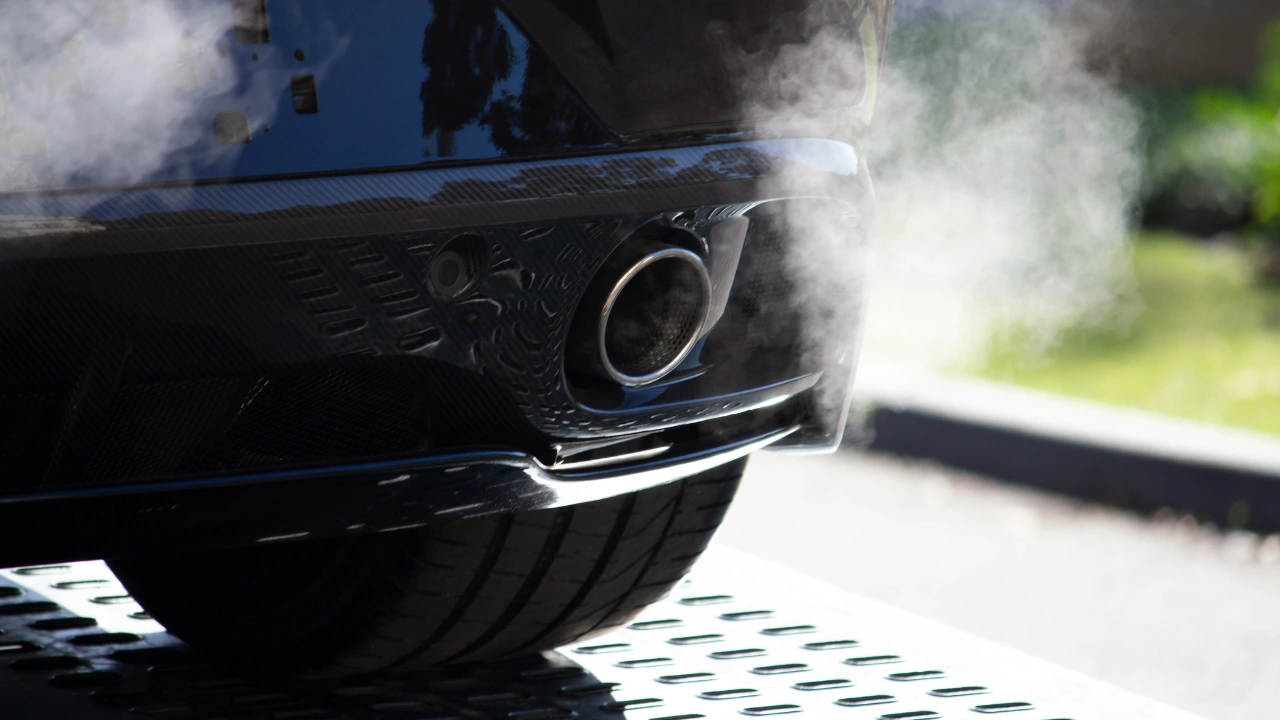
Bharat Stage 6 (BS6) is becoming a thing of the past as India gears up for BS7. The new emission norms will follow the Euro 7 standards, similar to previous Bharat Stage regulations. While the official timeline is yet to be confirmed, the transition is expected to bring significant changes to the Indian automobile industry.
History of Bharat Stage Emission Norms
India introduced its first vehicle emission norms in 1992. In 2000, the Supreme Court mandated compliance with the India 2000 standard, which required catalytic converters in all vehicles. This was the foundation for the Bharat Stage (BS) norms.
BS2 came into effect by 2005, making Multi-Point Fuel Injection (MPFI) systems mandatory. BS3 and BS4 followed in 2010 and 2017, respectively. Instead of implementing BS5, India directly transitioned to BS6 in 2020. BS6 Phase 2, introduced in April 2023, focused on real-time driving emissions (RDE).
Additional Standards Under BS7
BS7 will introduce stricter emission norms for pollutants like carbon dioxide, carbon monoxide, and nitrogen oxide. A key change is On-Board Monitoring (OBM), which will work alongside On-Board Diagnostics (OBD) to track real-time tailpipe emissions.
Pollution from brakes and tires will also be regulated. Microplastics and brake dust, released while driving, will now be monitored under BS7.
Electric and hybrid vehicles will also be affected. Their battery performance and longevity will be tested over specific timeframes and distances. Vehicles will have advanced sensors to track emissions over their lifetime and detect faults that increase pollution.
Challenges with BS7
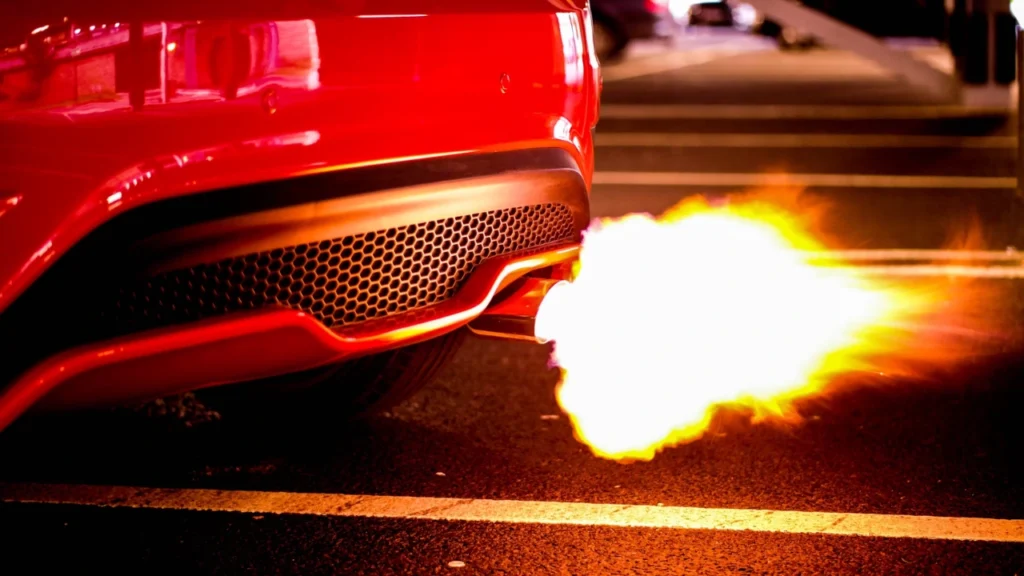
Complying with BS7 will require significant investment from automakers. Advanced Emission Control Systems will increase manufacturing costs, leading to higher vehicle prices.
When BS6 was introduced, many vehicles were discontinued due to non-compliance. A similar phase-out may occur with BS7, affecting popular models.
When Will BS7 Be Implemented?
There is no official timeline for BS7 implementation in India. However, the industry has been advised to prepare for the transition. Some automakers have already started working on BS7-compliant upgrades.
Conclusion
BS7 will mark another major shift in India’s emission norms. While it will improve air quality and vehicle efficiency, the transition will pose challenges for manufacturers and consumers. The coming months will provide more clarity on its rollout and impact on the Indian automotive market.
